10 Tips To Creating Better Habits + FREE PRINTABLE!
Good and bad habits – we all know what they are. It’s not usually too hard to identify the things in our lives that will propel us forward and the things that will hold us back. What oftentimes feels extremely hard is consistently taking action to stick with those good habits.
So how do we intentionally pick habits that are manageable and set us up for success? Is it even that important to maintain those small good habits from day to day? Aren’t bigger goals more important? We make decisions every day leading us down certain paths in life, but it is our habits that determine how far we will make it down those paths.
Here are 10 things to keep in mind when trying to build good habits and live up to your highest potential:
1) There is no one way to do things.
Life doesn’t have an instruction manual. There’s no completely right or wrong way to go about accomplishing your goals. We all have to do what’s best for us. Maybe one person studies better first thing in the morning taking a break every half hour. Maybe another person studies at night without breaks. Experiment. We are all individuals and so our habits must be tailored to our individual needs.
2) Take decision-making seriously.
Decision making is a critical skill set. Making one choice over another can lead our lives in a completely different direction. We might make a choice to skip that networking event on Monday morning and just email out a few more resumes. It doesn’t seem like a big deal. Maybe it would have if we had known that going would have resulted in us making a great business connection that would set the wheels of our post-college career in motion. The first decision was a good decision, but the second was a GREAT decision.
3) Choose small habits - they are the most powerful.
A powerful habit is one that is small – easy to start and stick with – and part of a larger system within your life. James Clear, the author of Atomic Habits, urges us to strive to be just 1% better every day. It doesn’t seem like enough to make a difference, but when these 1% changes add up, that’s when we really see the impact. If we read just one page of a book every night, eventually we have read the whole book. A new habit should be small enough that we can complete it 98% of the time, no matter the conditions. If we can’t say this, then the habit is probably too big.
4) Don’t be discouraged by hitting a plateau.
It’s easy to feel like we aren’t really getting anywhere when we first set out to accomplish something. If we start a new workout regimen trying to get stronger, we may not feel like we are making progress on the first day, week or month. However, our effort isn’t being wasted; the work is just compounding. There is no special trick for immediate results. Eventually, we will feel the fruits of our labor: increased stamina, muscle memory, and strength.
5) Choose habits that will help align your identity with the person you want to become.
This is often more powerful than the habit itself. We must ask ourselves if the actions we are taking are in alignment with our values. For example, if we make a habit of writing everything down in our planner - important dates, to-dos, reminders - we develop a view of ourselves as an organized person. This view will spill over into other areas of our lives - as organized people we will strive to be reliable, independent, timely, etc. That one habit of keeping a planner will influence other habits in our lives.
6) We all slip sometimes. Just never miss twice.
No one is perfect and we can’t be on top of everything every day. And that’s okay! Just try to get right back to your routine the next time around. Think about healthy eating. People often are trying to eat healthier but if they have one meal that isn’t, they completely fall off track feeling like they failed. There’s no reason to throw in the towel over one mistake. If you have an unhealthy dinner, just make sure to have an extra healthy breakfast the next morning. Any little improvement you make is better than none at all. Ultimately, it’s not about the mistakes we make, but how quickly we can get back on track after making a mistake.
7) Don’t wait until you feel motivated to start a new habit.
A habit is something we do repeatedly over long periods of time. Motivation is something that comes and goes depending on dopamine levels in our brain. We can’t let something we need to do consistently rely on something that is inconsistent. This brings us back to picking a habit small enough that it won’t require much motivation to complete it.
8) Habits all come down to Decisive Moments.
James Clear says that we face decisive moments throughout our day that will determine how we spend the next few hours. Maybe we want to develop a new habit of cooking more and ordering delivery less. The habit is not necessarily cooking but that decisive moment where we take the first step towards that action. So the habit might be pre-heating the oven, pulling out necessary pots and pans, or thawing something. Once we do that, the process of cooking dinner will automatically follow without too much thought. But if we sit down on the couch and start watching tv, we’ll eventually just decide to order out. The path we take hinges on what we do in that decisive moment.
9) Find a group where your desired behavior is normal behavior.
We are wired to follow social norms within a group. If we have a goal to volunteer more, we should seek out a group for which volunteering is normal behavior. For them, volunteering isn’t an extra hassle; it’s part of their identity. The more time we spend with this group, the more we will adopt the same philosophy.
10) Reduce friction between a habit and an action.
We want to make the behavior as easy as possible. Typically, the easiest way to do this is by altering environment design. If we want to try to read every night before bed, maybe we can put the book on our bedside table so it’s ready to go that night. We can reversely increase friction for negative habits: Maybe we want to stop hitting snooze on our alarm in the morning so we put our phone on the other side of the room, not next to our bed. Make good habits easy and bad habits hard!
We all face choices every day that will either lead us towards our values and desired identity or away from them. We have to develop small, effective habits that are constantly guiding us towards our larger goals.
We have created a FREE printable that will help you outline your goals and define all the little habits to help you accomplish it! Download it FOR FREE, HERE!

Just believe in yourself and know that every positive step you take, no matter how small, is a step in the right direction - you got this!!
xoxo,
the bloom team


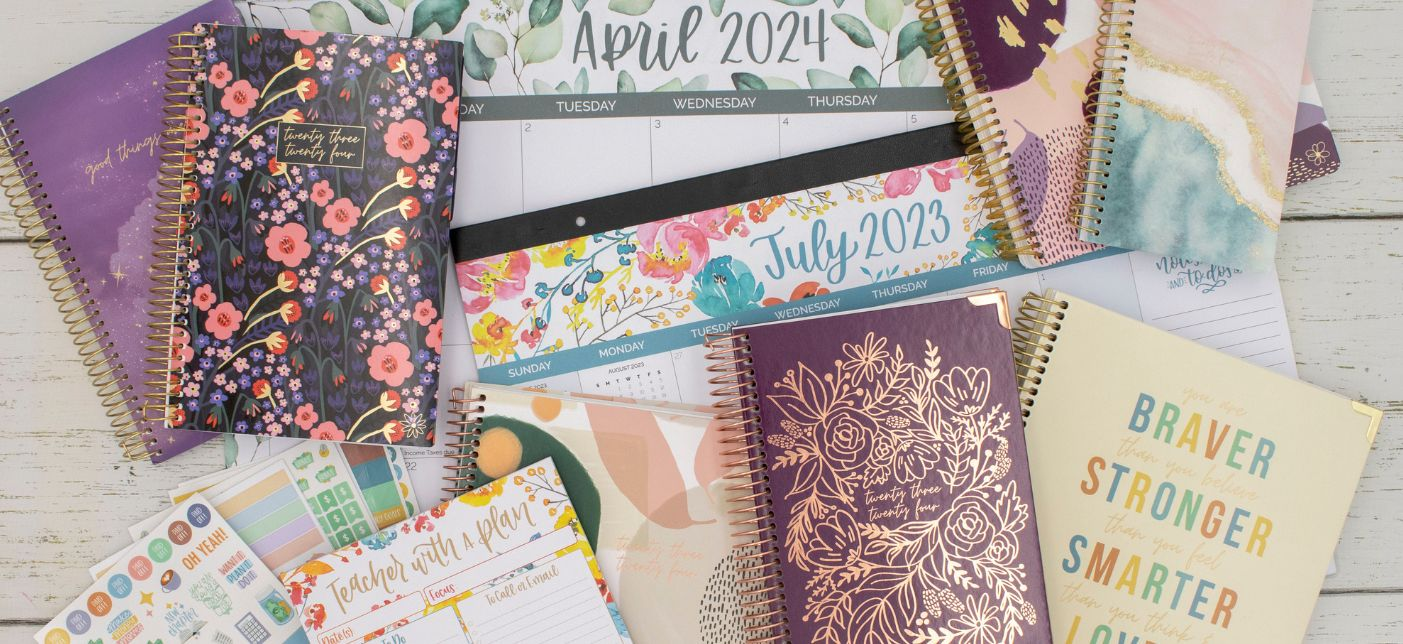
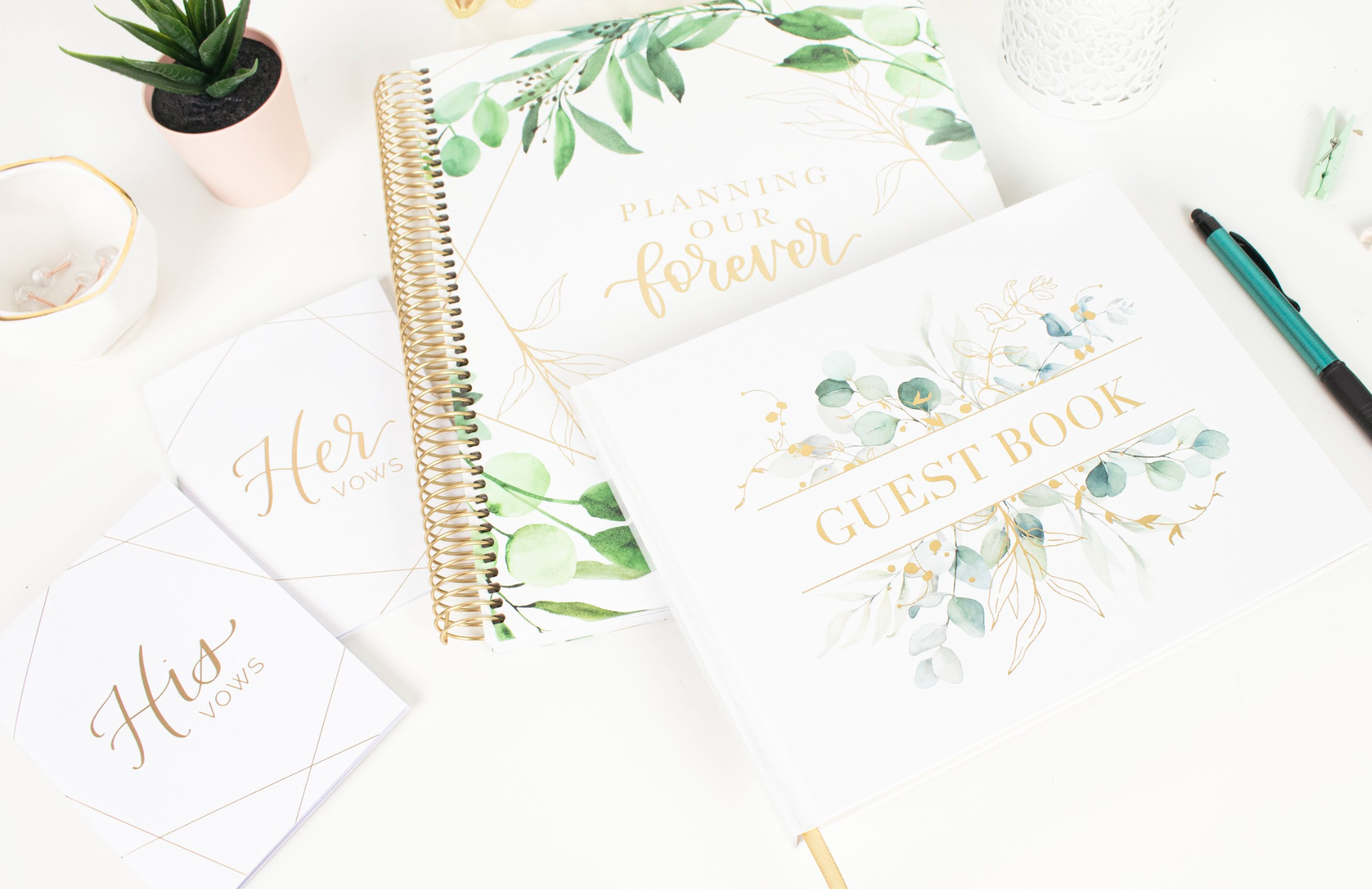
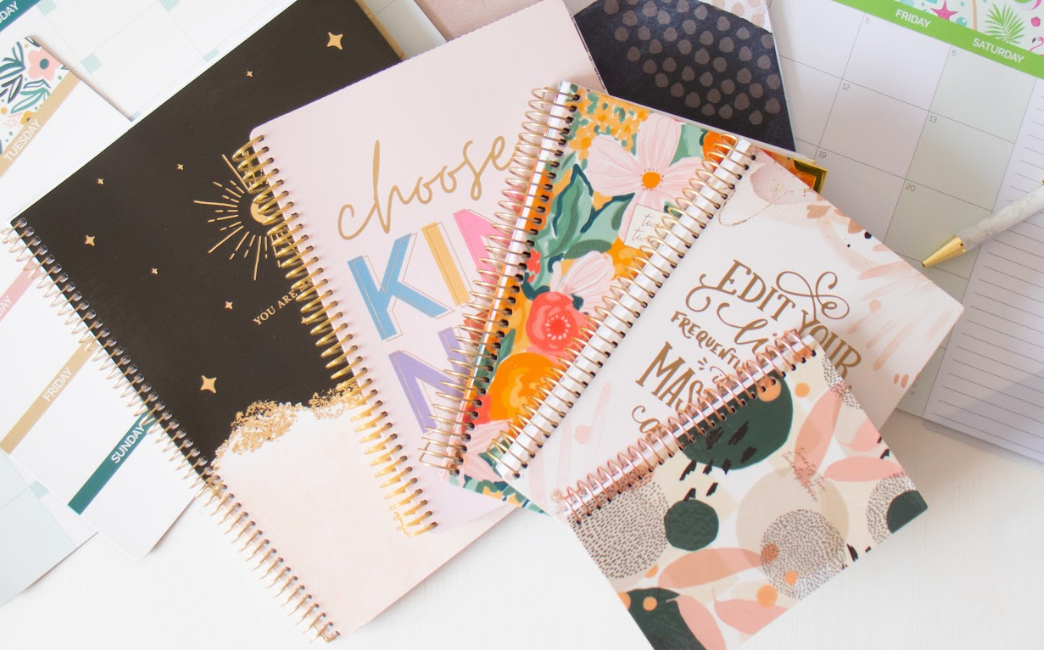
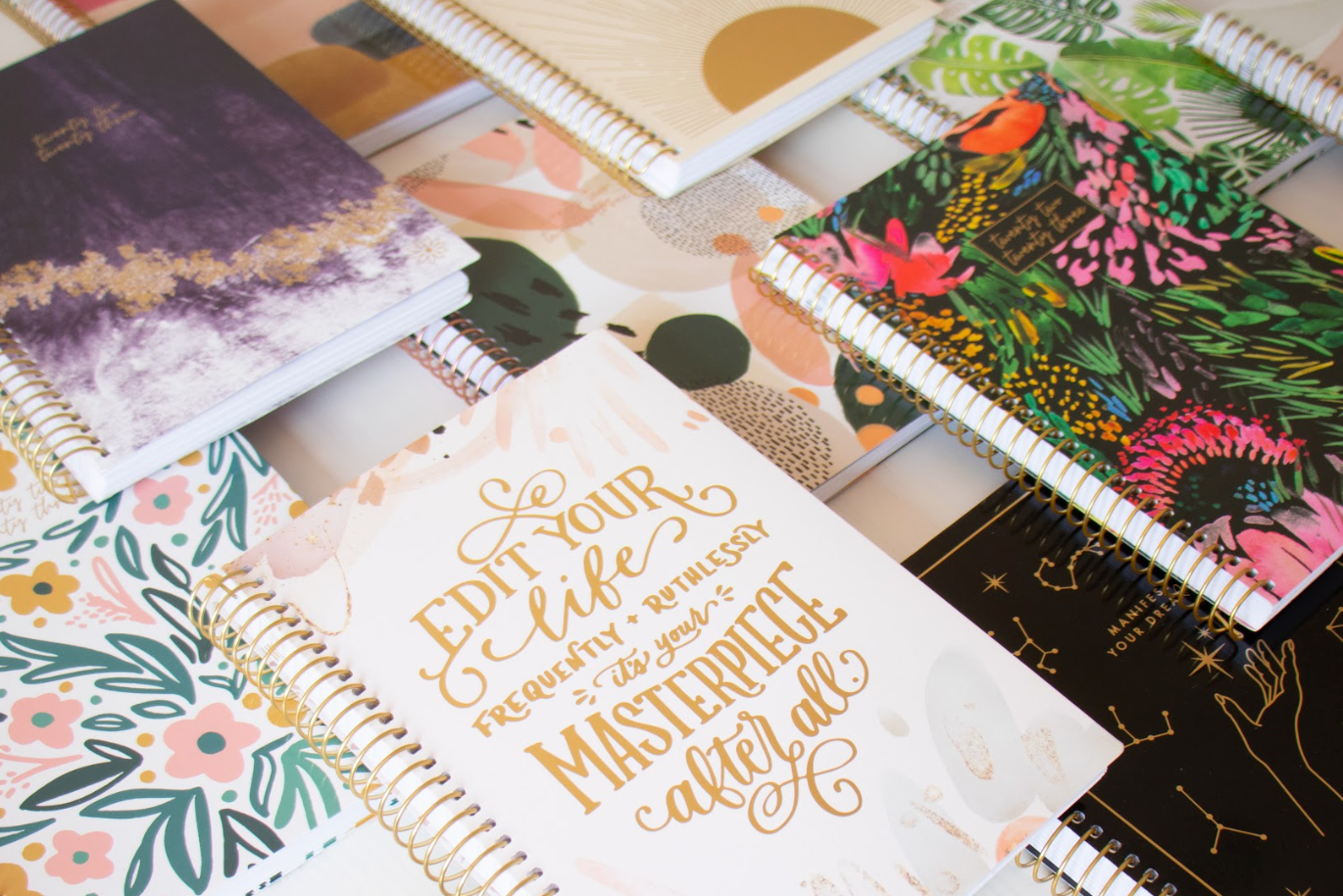

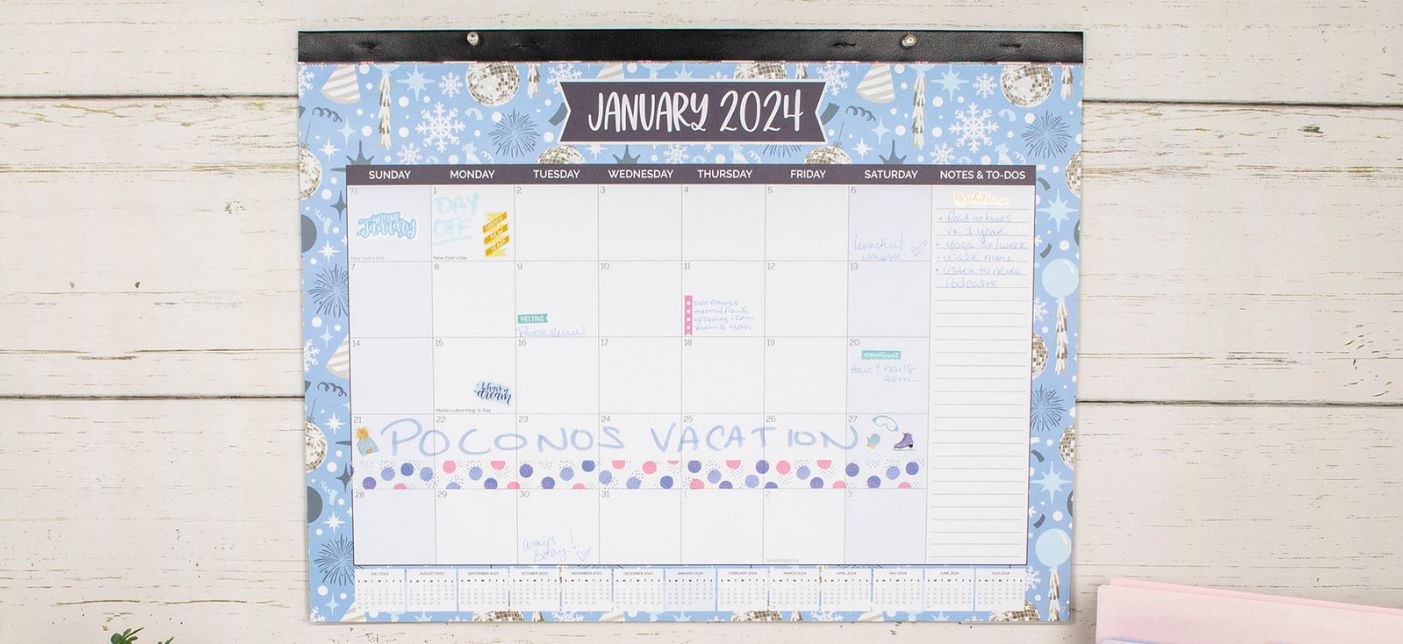
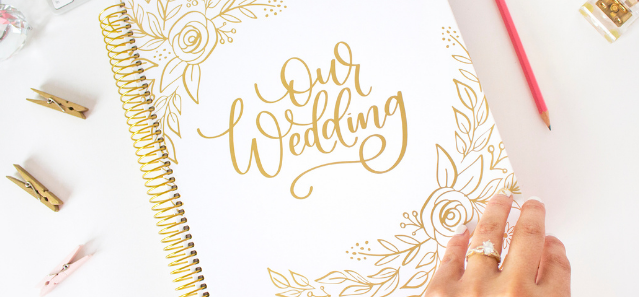
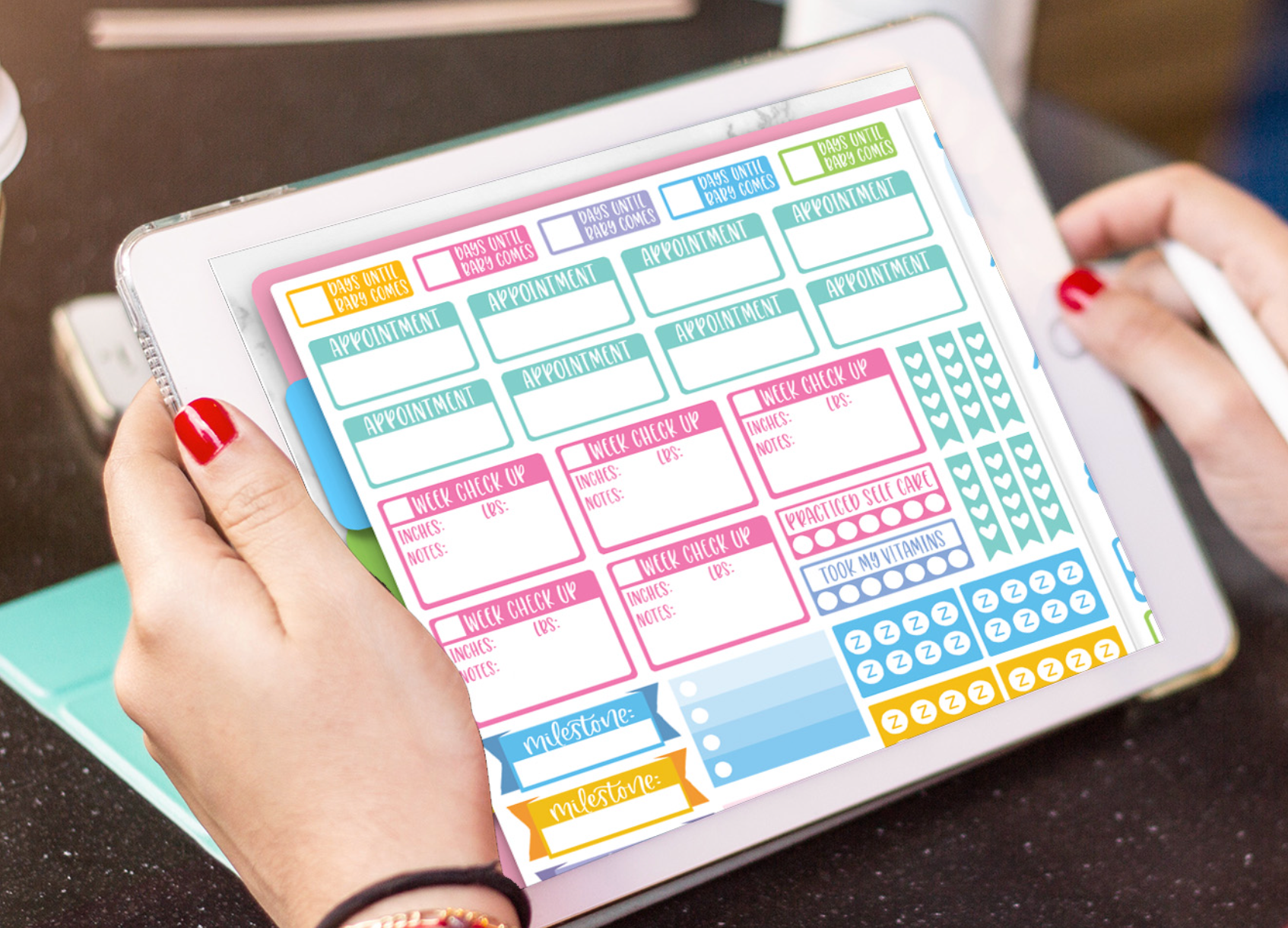
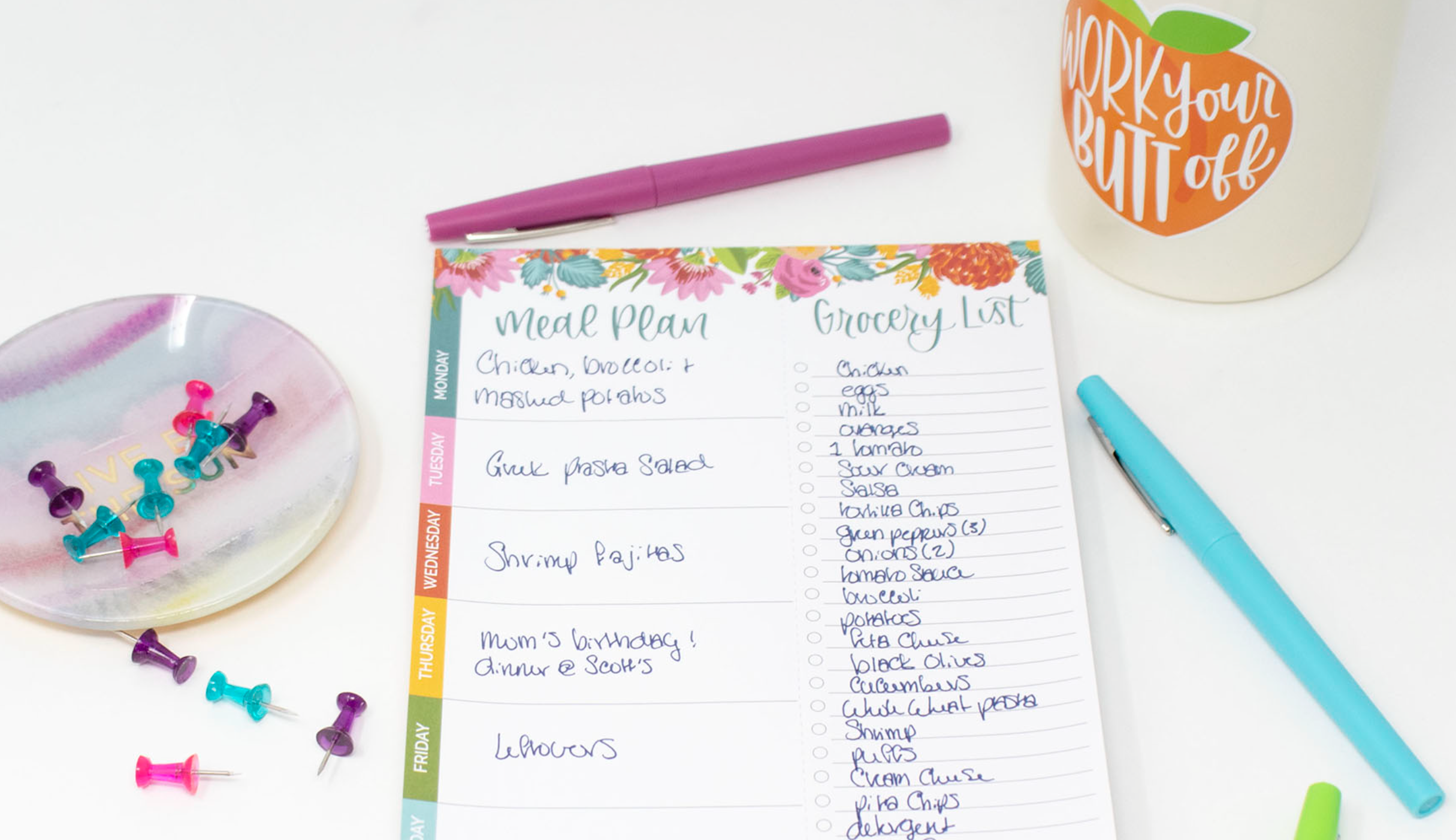
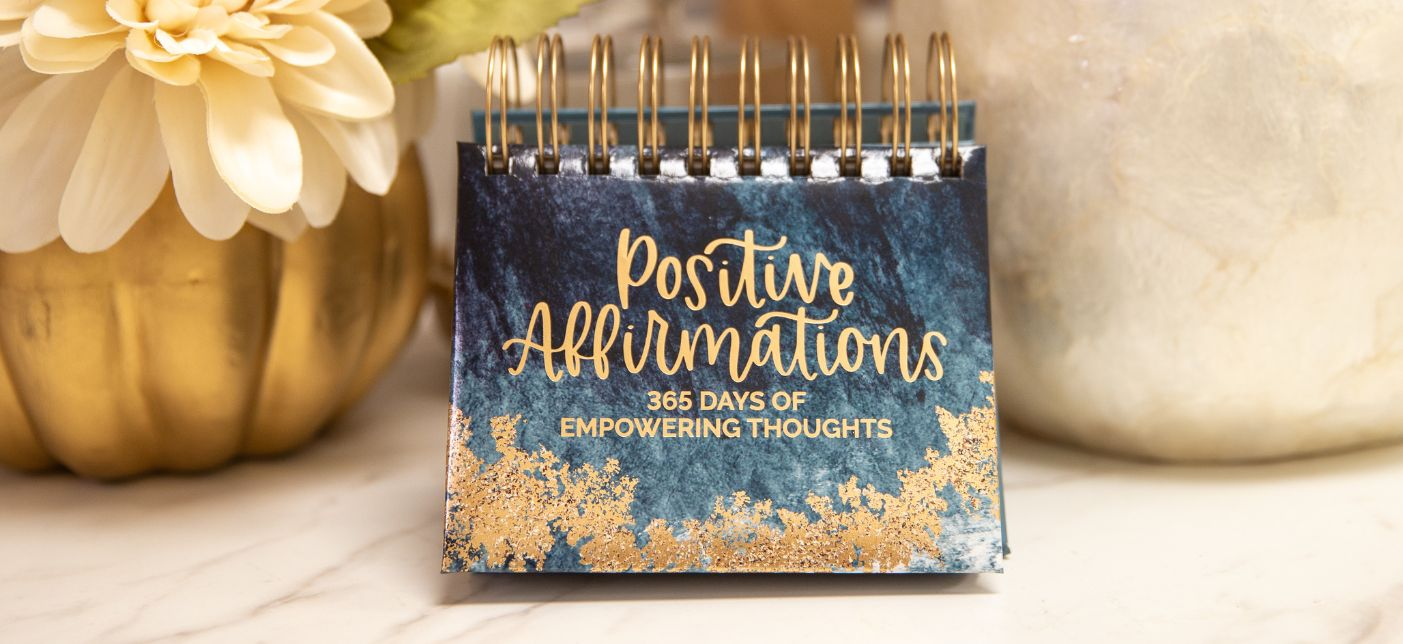
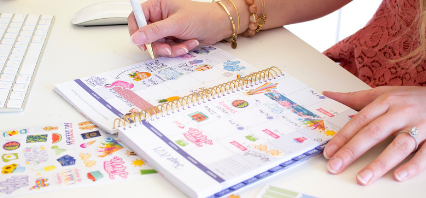

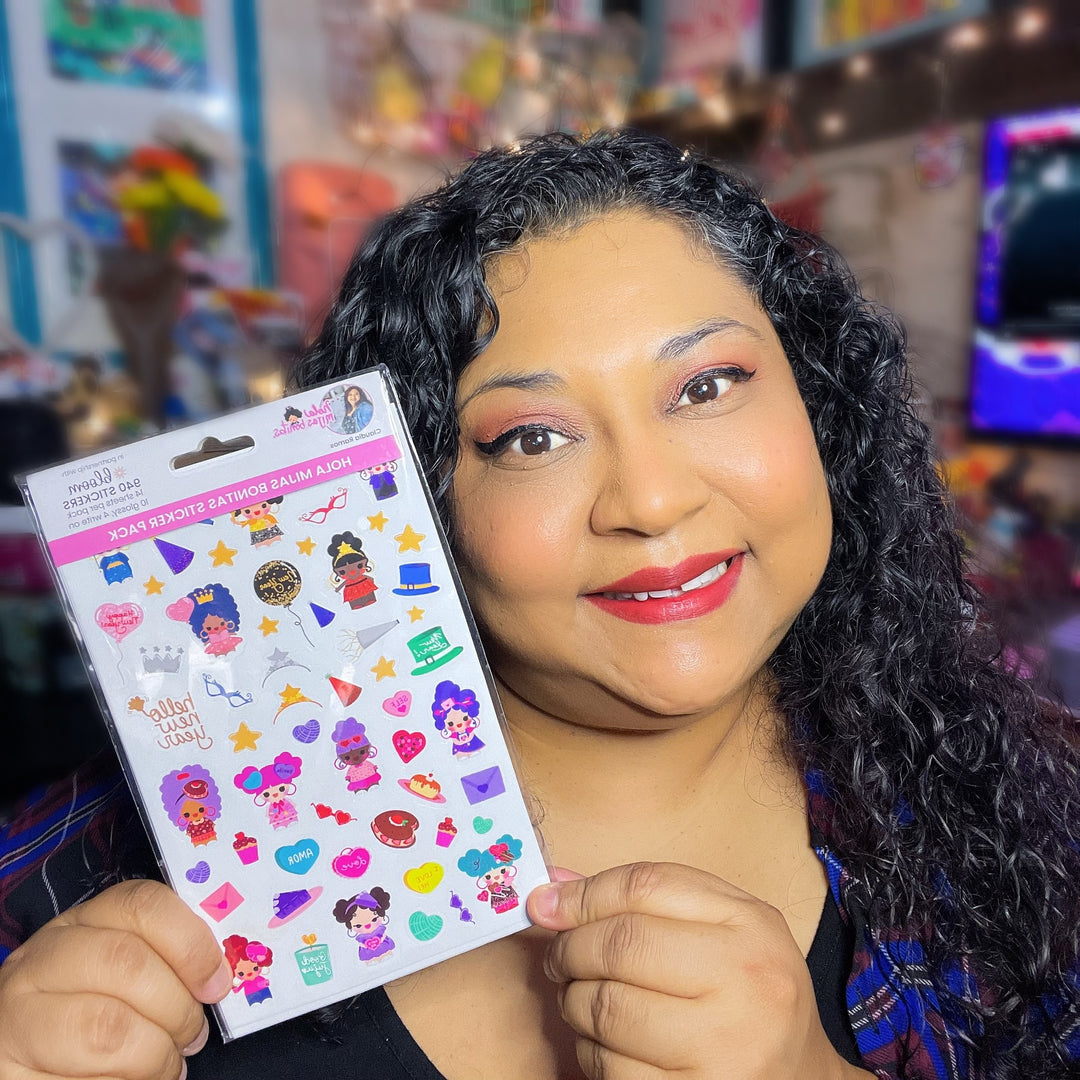
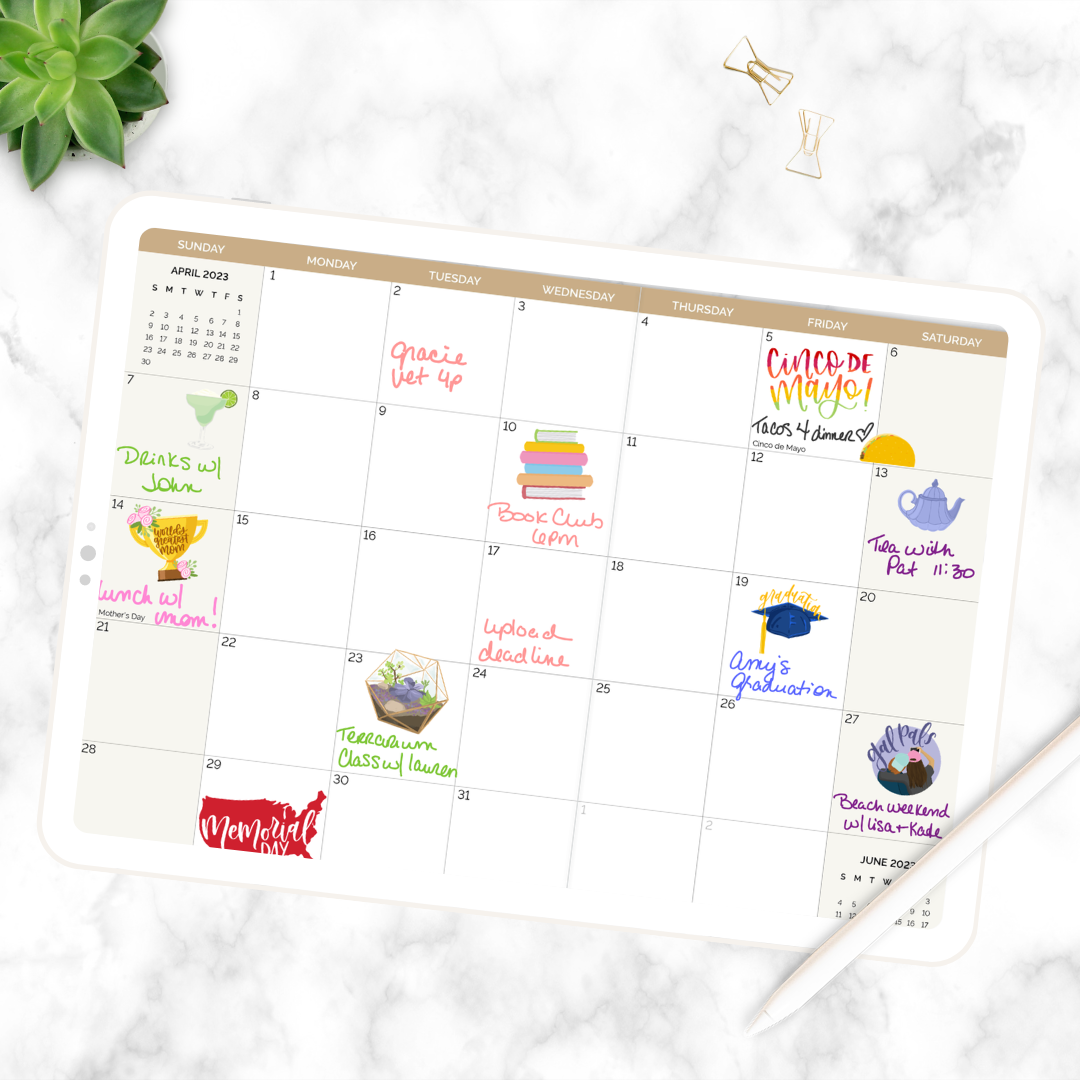
Leave a comment